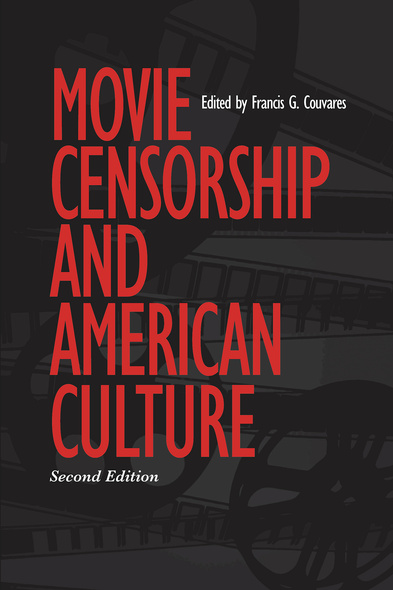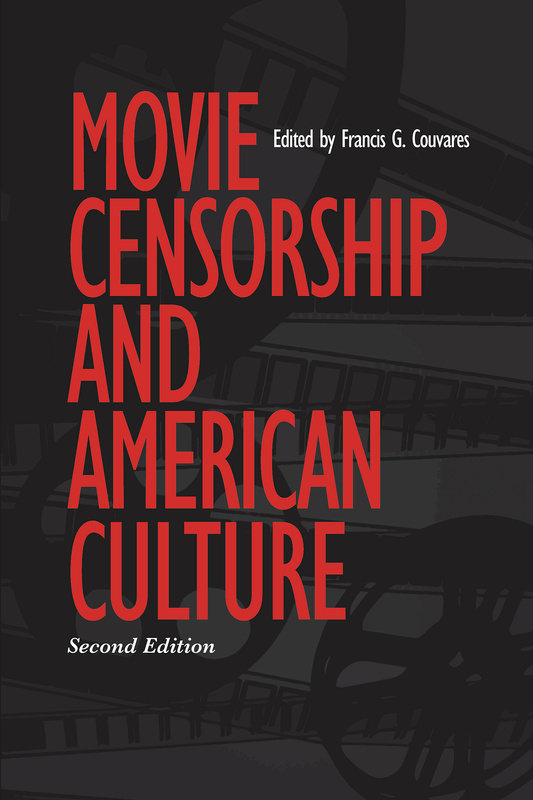Our shopping cart is currently down. To place an order, please contact our distributor, UTP Distribution, directly at utpbooks@utpress.utoronto.ca.
Movie Censorship and American Culture
Edited by Francis G. Couvares
University of Massachusetts Press
From the earliest days of public outrage over "indecent" nickelodeon shows, Americans have worried about the power of the movies. The eleven essays in this book examine nearly a century of struggle over cinematic representations of sex, crime, violence, religion, race, and ethnicity, revealing that the effort to regulate the screen has reflected deep social and cultural schisms.
In addition to the editor, contributors include Daniel Czitrom, Marybeth Hamilton, Garth Jowett, Charles Lyons, Richard Maltby, Charles Musser, Alison M. Parker, Charlene Regester, Ruth Vasey, and Stephen Vaughn. Together they make it clear that censoring the movies is more than just a reflex against "indecency," however defined. Whether censorship protects the vulnerable or suppresses the creative, it is part of a broader culture war that breaks out recurrently as Americans try to come to terms with the market, the state, and the plural society in which they live.
In addition to the editor, contributors include Daniel Czitrom, Marybeth Hamilton, Garth Jowett, Charles Lyons, Richard Maltby, Charles Musser, Alison M. Parker, Charlene Regester, Ruth Vasey, and Stephen Vaughn. Together they make it clear that censoring the movies is more than just a reflex against "indecency," however defined. Whether censorship protects the vulnerable or suppresses the creative, it is part of a broader culture war that breaks out recurrently as Americans try to come to terms with the market, the state, and the plural society in which they live.
Editor Francis G. Couvares has assembled an all-star group of contributors . . . including a number of individuals who have been especially prominent in the recent scholarship on film and culture. . . . an informative and useful addition to the scholarship about Hollywood's relationship with diverse and often critical audiences.'—Film Quarterly
'The anthology self-consciously undertakes a shift from thinking about censorship as a group or individual's reflexive act of defining and prohibiting the 'indecent' or 'immoral' to a loose set of processes that constitutes a society's prevailing values and vision of reality. . . . Movie Censorship and American Culture consistently demonstrates how rewarding and necessary is broad attention to the multiple processes that shape the movies as individual productions and as a cultural industry.'—Film and History
'Offers an excellent overview of the issues involved in film censorship and American culture and should be very useful as supplementary reading for American history and culture courses.'—American Studies
Francis G. Couvares is E. Dwight Salmon professor of history and American studies at Amherst College. He is author of The Remaking of Pittsburgh: Class and Culture in an Industrializing City, 1877–1919 and coauthor, with Martha Saxton, of Interpretations of American History.






